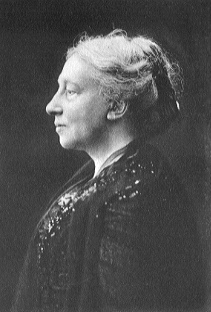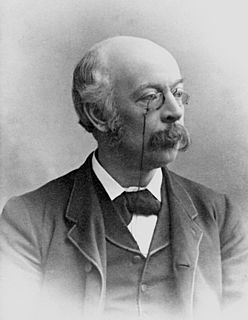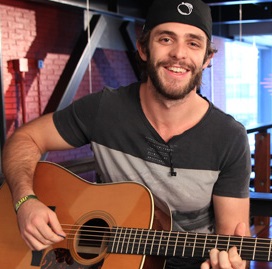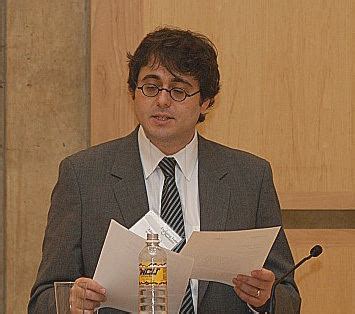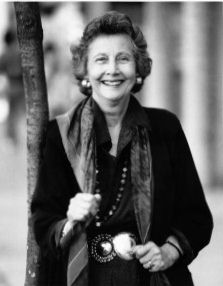A Quote by Lady Gregory
Thomas Davis was a great man where poetry is concerned, and a better than Thomas Moore. All over Ireland his poetry is, and he would have done other things but that he died young.
Related Quotes
Thomas jabbed a thumb over his shoulder and raised his eyebrows. "You met our new friend?" Miho responded, a smirk flashing across his face. "Real piece of work, this guy. I gotta get me one of those shuck suits. Fancy stuff." "Am I awake?" Thomas asked. "You're awake. Now eat—you look horrible. Almost as bad as Rat Man over there, reading his book.
Poetry is concerned with using with abusing, with losing
with wanting, with denying with avoiding with adoring
with replacing the noun. It is doing that always
doing that, doing that and doing nothing but that.
Poetry is doing nothing but using losing refusing and
pleasing and betraying and caressing nouns. That is
what poetry does, that is what poetry has to do no
matter what kind of poetry it is. And there are a
great many kinds of poetry.
Sometimes he would advise me to read poetry, and would send me in his letters quantities of verses and whole poems, which he wrote from memory. 'Read poetry,' he wrote: 'poetry makes men better.' How often, in my later life, I realized the truth of this remark of his! Read poetry: it makes men better.
I didn't ever consider poetry the province exclusively of English and American literature and I discovered a great amount in reading Polish poetry and other Eastern European poetry and reading Russian poetry and reading Latin American and Spanish poetry and I've always found models in those other poetries of poets who could help me on my path.
Poems very seldom consist of poetry and nothing else; and pleasure can be derived also from their other ingredients. I am convinced that most readers, when they think they are admiring poetry, are deceived by inability to analyse their sensations, and that they are really admiring, not the poetry of the passage before them, but something else in it, which they like better than poetry.
In the 1970s, for example, I found myself learning to relish the poetry of Andrew Marvell and Sir Thomas Wyatt, and getting a handle on poetry of plainer speech than I had dwelt with heretofore. Which led me into a new appreciation of middle [William Butler ] Yeats, of the short three-beat line and forward-driving syntax, and that paid in, in turn, to a poem like Casualty in Field Work. The traffic, however, was usually the other way. My teaching was animated by what I was reading and being excited by as a poet.
It is a shallow criticism that would define poetry as confined to literary productions in rhyme and meter rhythm. The written poem is only poetry talking, and the statue, the picture, and the musical composition are poetry acting. Milton and Goethe, at their desks, were not more truly poets than Phidias with his chisel, Raphael at his easel, or deaf Beethoven bending over his piano, inventing and producing strains, which he himself could never hope to hear.
Is beauty a reminder of something we once knew, with poetry one of its vehicles? Does it give us a brief vision of that 'rarely glimpsed bright face behind/ the apparency of things'? Here, I suppose, we ought to try the impossible task of defining poetry. No one definition will do. But I must admit to a liking for the words of Thomas Fuller, who said: 'Poetry is a dangerous honey. I advise thee only to taste it with the Tip of thy finger and not to live upon it. If thou do'st, it will disorder thy Head and give thee dangerous Vertigos.
